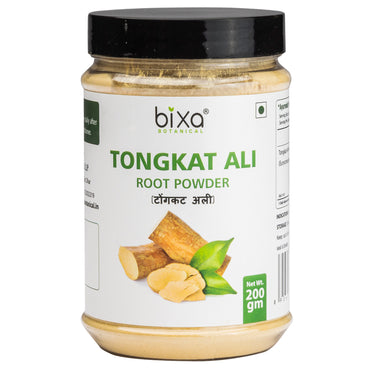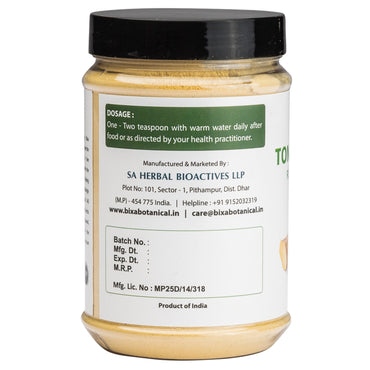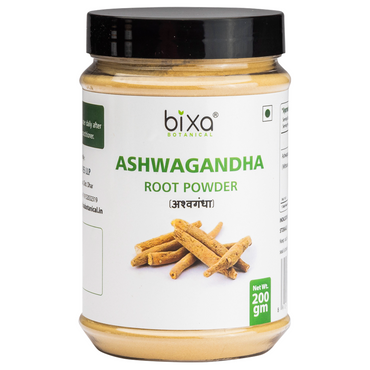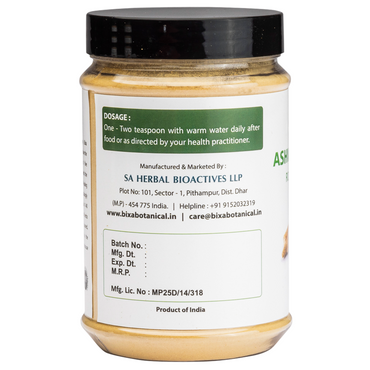
-
Previous
- Page 1 of 1
-
Next
Description
SEXUAL WELLNESS:
Sensual health is fundamental to the overall health and well-being of individuals, couples and families, and to the social and economic development of communities and countries. Sensual health, when viewed affirmatively, requires a positive and respectful approach to sexuality and sexual relationships, as well as the possibility of having pleasurable and safe sexual experiences, free of coercion, discrimination and violence. The ability of men and women to achieve sexual health and well-being depends on their: Access to comprehensive, good-quality information about sex and sexuality; Knowledge about the risks they may face and their vulnerability to adverse consequences of unprotected sexual activity; Ability to access sexual health care; Living in an environment that affirms and promotes sexual health.
Sexual health-related issues are wide-ranging, and encompass sexual orientation and gender identity, sexual expression, relationships, and pleasure. They also include negative consequences or conditions such as: Infections with human immunodeficiency virus (HIV), sexually transmitted infections (STIs) and reproductive tract infections (RTIs); un-intended pregnancy and abortion; sexual dysfunction.
When we talk about health, we need to include sexual health, which plays a crucial role in our well-being. Anything that negatively affects the individual or the relationship is likely to have a spill-over effect into sex. So couples who are suffering due to economic strain, conflict over how much to socialize, pressure due to family workload & commitment, etc. are likely to feel not just emotionally disconnected but also sexually shut down. Added to that, the lack of free time (due to increased responsibilities at home) and absence of outlets like social engagements and group exercise may leave some people too exhausted to have sex. That's one of the reasons it's important to carve out time to focus on your sex life. Sexual satisfaction is an important aspect of sexual wellness. If sex doesn't feel good or isn't satisfying, you're not going to want to do it. This creates frustration in the relationship and an emotional disconnect.
Suggested five things to improve your sexual wellness.
Do your research: Experts see lack of information as the biggest barrier between people and sexual wellness. That can stem from growing up in a conservative or religious household where shame may be associated with sex. It can be the case even after people marry and have "permission" to have sex. Just the uncomfortable way people feel when talking about sex is a direct effect of the shame so many of us carry. Schools may also not provide adequate sex education. Information about masturbation, pleasure and how to talk to your partner about sex is often not discussed or taught. That's why it's important to find a health care provider who will work with you or to do research on your own. At the bare minimum, finding well-researched books and websites is a first step Or you could gather a group of friends and approach a sex educator about giving a presentation. Even adults can use refresher courses in sex education.
Get comfortable with your body: Once you've educated yourself, the next step is to put that information into practice. A lot of people don't have a solid grasp of what pleasure is and what it means for them. You have to spend time discovering what feels good to you and how to communicate that to your partner. Get to know your body through touch. Find out what you like about your body and what feels good and what doesn't. Developing a positive attitude around your body and sexual pleasure is paramount.
Learn to communicate: Put simply, you need to be able to talk to your partner about sex. Learning effective communication skills is absolutely key. People need to learn how to use their voice to communicate their likes and dislikes with their partners. The American Sexual Health Association recommends talking to your partner about boundaries and desires before you start getting intimate. That being said, it could also be fun to experiment and talk with your partner at the same time, offering hands-on instructions in the moment.
Be flexible: Just like other aspects of your life, your sexual needs (and your partner's) may change over time. Talking about likes and dislikes isn't a one-time conversation because the sex is going to be different from the honeymoon stage to five years in. When [the honeymoon stage] wears off, that's when you need to learn to cultivate great sex. Be willing to adapt to differences in everything from changes in your and your partner's sex drives to desires and preferences. A lot of people think the sex should come naturally and easily, and it doesn't for some people. Check and recheck and renegotiate and keep talking.
Bring in a professional: If you and your partner are unable to work through things on your own, don't be afraid to reach out for help. When you feel like you're hitting roadblocks around communication, if you're experiencing some sort of sexual difficulty, it could be time to talk to a specialist. A therapist can help couples talk about desire and arousal and work through any other issues that are giving them trouble. It's hard, especially for women, to experience a high degree of sexual satisfaction if the emotional connection is weak. It's better to seek treatment early. The longer an issue goes on; usually it's harder to overcome. It's a couple issue and has to be addressed as a couple. Don't dismiss sexual wellness, if you're not satisfied or getting what you want, address it.















